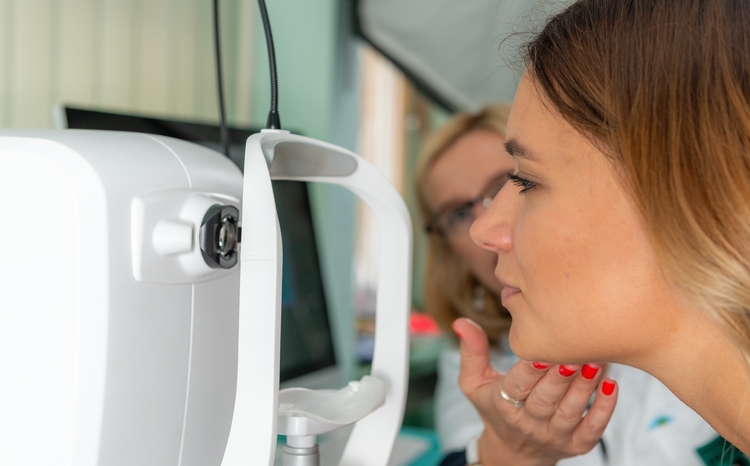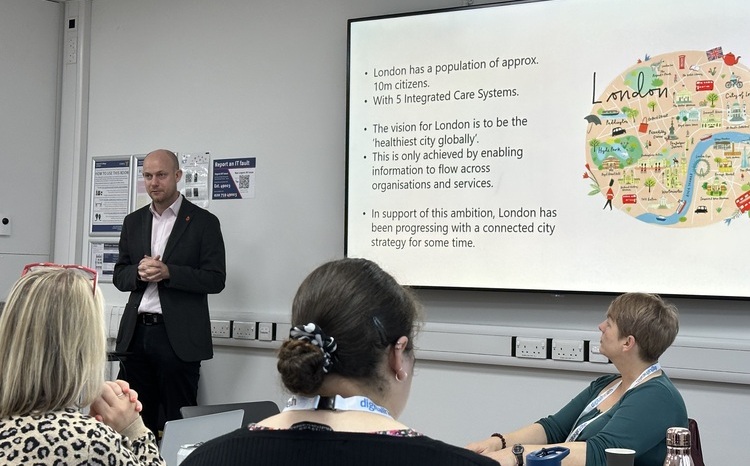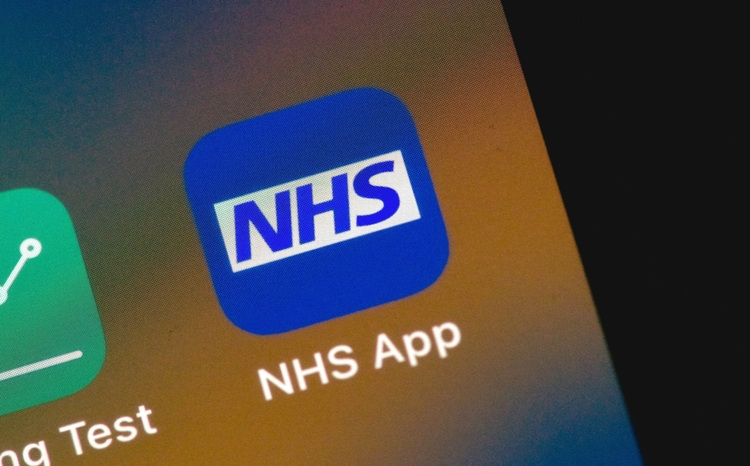Wales completes satellite diabetic retinopathy deployment
- 6 November 2007
 Diabetic patients in Wales can now receive satellite-controlled diabetic retinopathy screening, following the successful implementation of Digital Healthcare’s OptoMize iP digital imaging system across the country.
Diabetic patients in Wales can now receive satellite-controlled diabetic retinopathy screening, following the successful implementation of Digital Healthcare’s OptoMize iP digital imaging system across the country.
The Service has progressively extended from a local area service into a nationwide programme that now covers the whole of Wales, with over 78,000 diabetes patients now being offered screening appointments at a variety of locations, rather than just the local hospitals.
OptoMize iP is bespoke software for diabetic retinopathy which manages the flow of patients and information through a clinical care pathway; it manages the clinical encounters with patients, ensuring that all the required procedures, observations and audit activities take place at the correct points along the pathway.
The new service has meant that the Diabetic Retinopathy Screening Service for Wales have been able to register all 150,000 diabetic patients in the country, and offer them an appointment at one of 22 daily screening clinics.
Rosemarie Keigwin-Harris, service director, and a member of the National Screening Committee, said patient engagement with the service has been good: “We offer patients the opportunity to change their appointments to attend a more convenient screening clinic – for some people this might be a clinic near their work rather than their home. Around 8,000 patients per month call us to take up this offer and we regard this as a very positive sign of their engagement with the Screening Service and their own healthcare.”
The clinics are run by screening service staff who transport cameras and laptops from a central base in Fairway Court, Treforest (covering South Wales), and satellite offices in Caernarfon (covering North Wales) and Carmarthen (covering West Wales) to the clinic locations.
After screening, they transmit the retinal images via a secure internet link to grading staff in Fairway Court who review the images and can refer patients to consultant ophthalmologists if treatment or other follow-up is required.
The solution used by the Diabetic Retinopathy Screening Service for Wales was specially configured to meet their requirements and designed in consultation with the users.
Keigwn-Harris said: “Our service was designed in consultation with ophthalmologists across Wales to be operated as a single, integrated, nationwide retinal grading programme. Digital Healthcare has taken full account of this and designed a bespoke software system that will provide effective underpinning for our nationwide service and can also produce the data our ophthalmologists need for research purposes.
“We intend to continue raising awareness of the vital need for diabetes patients to attend their digital screening appointments and to extend our Service to reach more patients. We have recently purchased two 28ft purpose built, mobile clinics that we will be using in rural communities and city centre locations where it is not possible for our staff to hold a screening clinic in a health centre or hospital.”
Kevin McDonnell, operations director at Digital Healthcare, told EHIPC: “We are now working with Rosemarie Keigwin-Harris and her team to progress implementation, systems testing and staff training sessions in line with plans for the roll-out of our new system later this year.”
Links
Diabetic Retinopathy Screening Service for Wales




